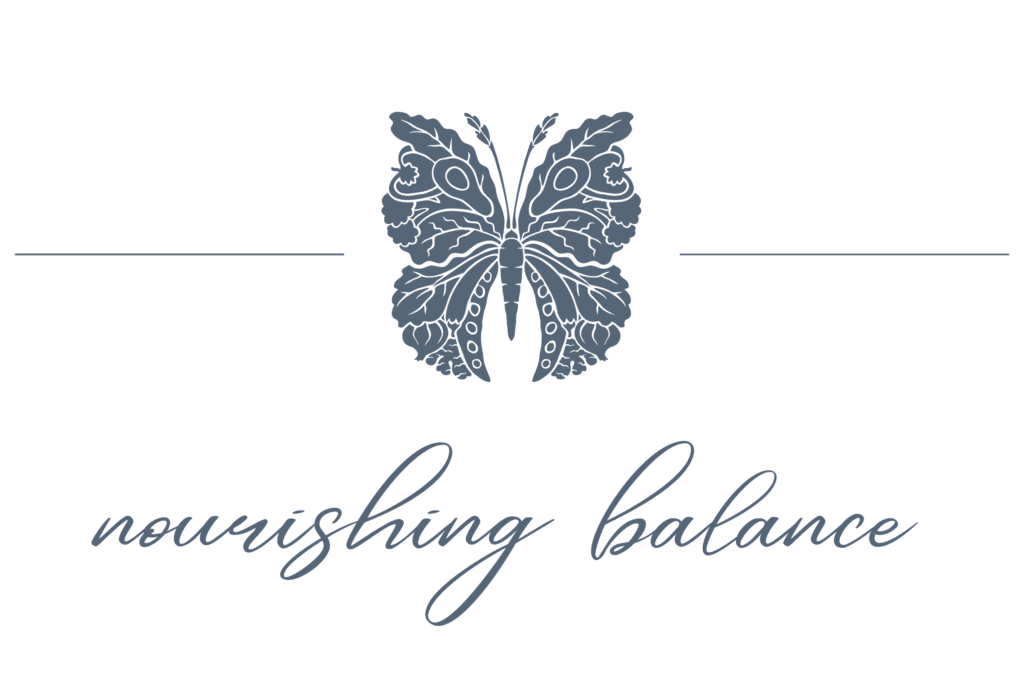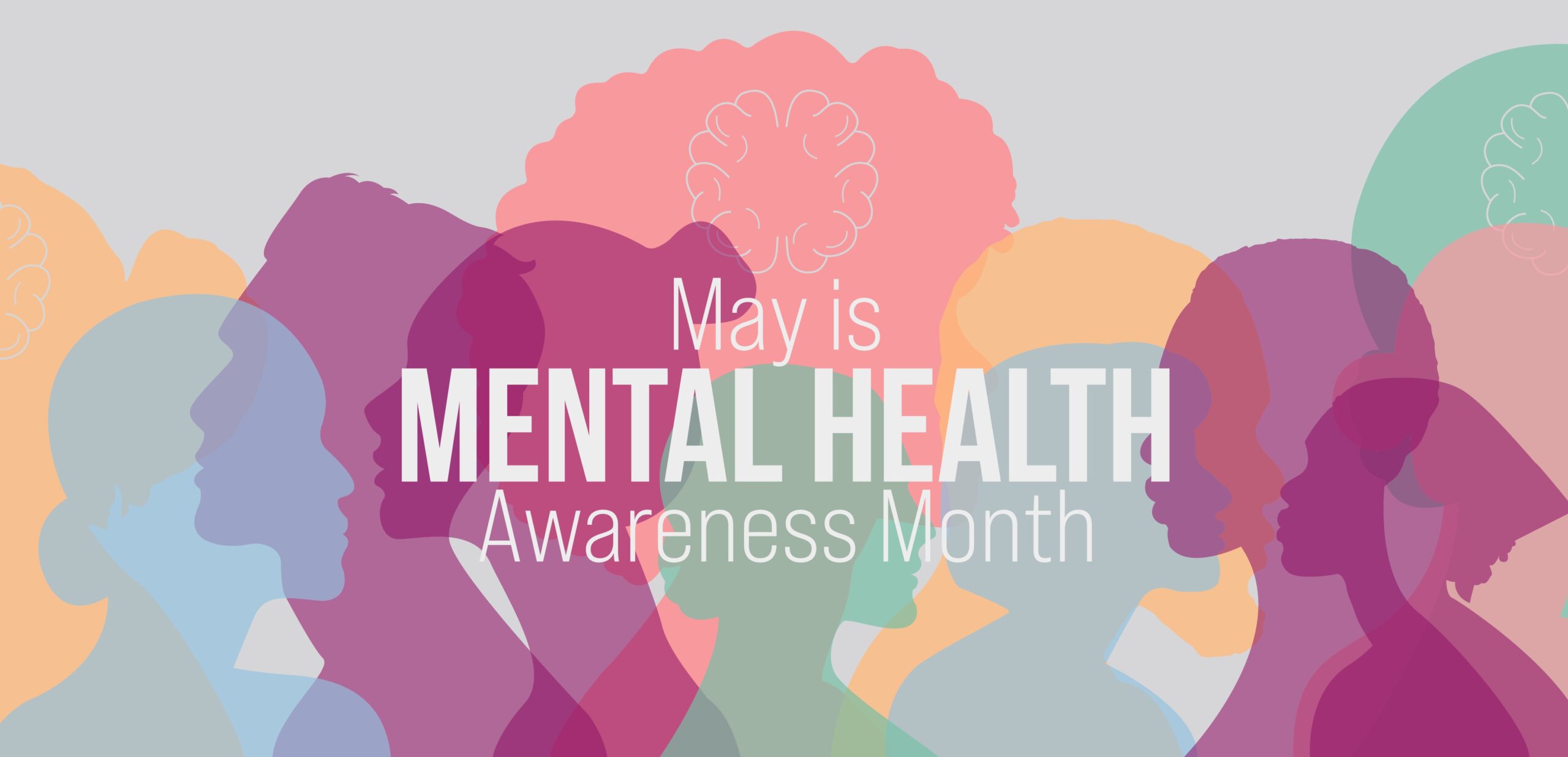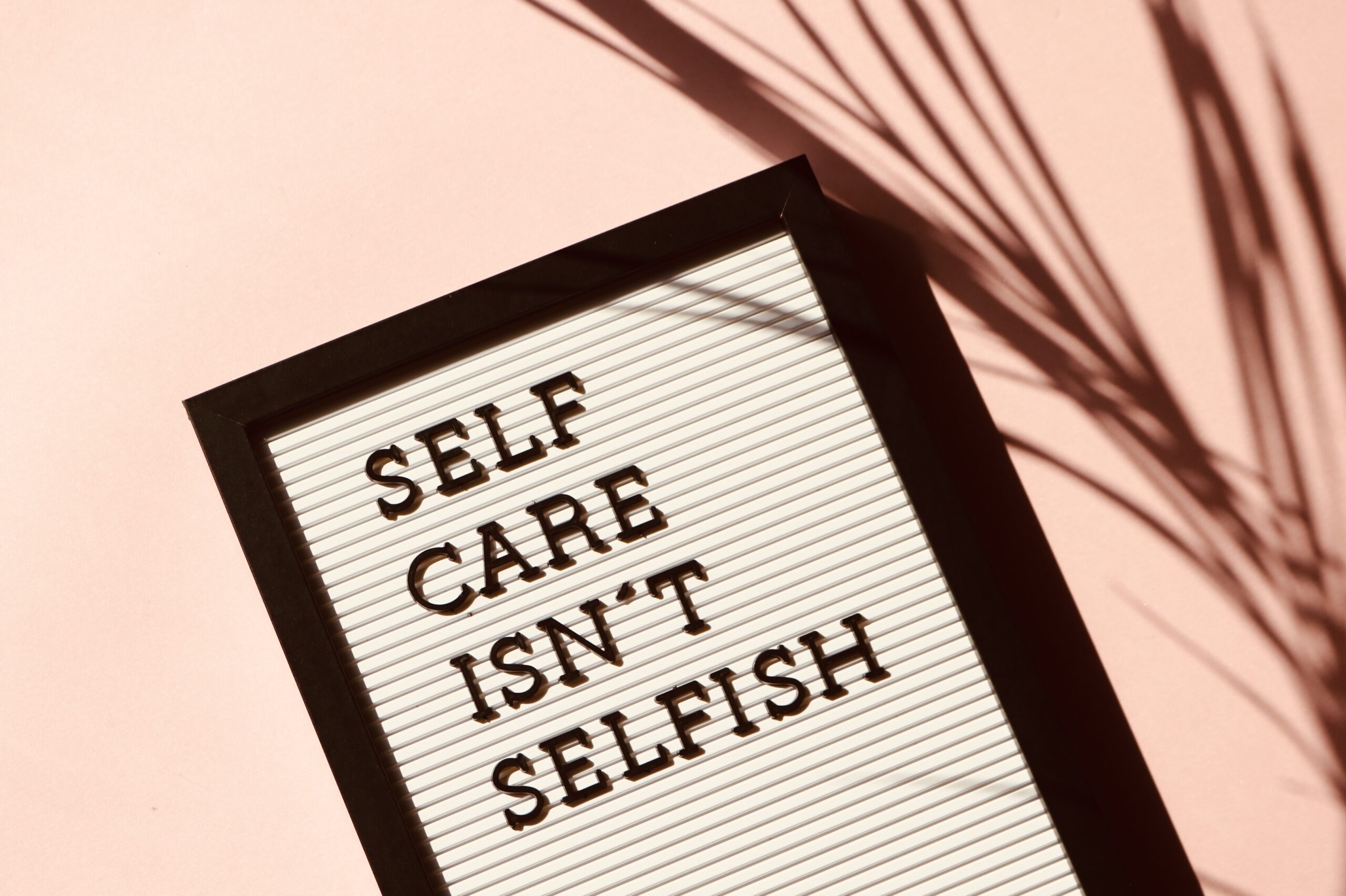The holy month of Ramadan is upon us once again, giving Muslims worldwide an opportunity for devotion and reflection. During this month, Muslims fast from sunrise to sunset, meaning no food or drink is consumed during this time. For those with PCOS, you may be wondering whether it is safe to fast. In this article, we discuss the impact of Ramadan fasting on PCOS.
So how does the body get the energy?
The body uses its stores of carbohydrates and fat. Hence what you consume during suhoor and iftar is very important. While fasting is obligatory for all healthy Muslims, there are exemptions for those ill or whose health could be affected by fasting, such as pregnant or breastfeeding women.
But what about PCOS? Are your symptoms going to exacerbate due to fasting?
The short answer is NO!
Research conducted in 2011 with 40 women diagnosed with PCOS concluded that sex hormones, FSH, LH, testosterone, and insulin levels remain unchanged during Ramadan. If you want to learn more about these hormones, head to the blog post “Understanding our female hormones & our menstrual cycle.” But the best part also showed that fasting in these women led to decreased cortisol levels, also known as the stress hormone.
You might be thinking that intermittent fasting is often discouraged for women with PCOS, so why fast during Ramadan?
Intermittent fasting is discouraged as it creates a negative relationship with food. Furthermore, it can also encourage binge eating during the eating window and other eating disorders. However, Ramadan is a time to practice self-control, self-discipline, sacrifice and empathy for those less fortunate.
Now for the critical question, what to consume during Suhoor and Iftar?
Suhoor
Depending on the weather and the length of the fast, people fasting may experience mild dehydration, leading to headaches, tiredness, and grogginess. For this reason, it is essential to consume the same amount of water you would during a typical day throughout the evening in Ramadan. It might seem impossible, but you can make it happen with the right strategies!
- You can increase your water intake by eating hydrating foods such as
- Watermelon
- Cucumber
- Yogurt
- Choose high fibre or whole grain varieties of carbohydrates to keep you full, aid digestion and help prevent constipation such as
- Oats
- Rice
- Couscous
- Whole-grain bread
- Pair it with protein such as
- Egg
- Beans
- Greek yogurt
- Chicken
- Fish
Iftar
Breaking fast with three dates is a traditional way as well as a healthy way. Dates are a great source of fibre, potassium, and natural sugars. Starting your Iftar with dates balances the blood sugar levels and ensures your body is ready for the food.
Breaking fast with three dates is a traditional way as well as a healthy way. Dates are a great source of fibre, potassium, and natural sugars. Starting your Iftar with dates balances the blood sugar levels and ensures your body is ready for the food.
- Consume lots of fruits and vegetables.
- Ensure whole-grain sources of carbohydrates and protein such as
- Skinless chicken
- Fish
- Lentils
- Most importantly, remember to eat slowly and mindfully while enjoying every bite.
We can’t forget the best part of Ramadan: the deep-fried, creamy and sweet foods. The smell of hot piping Jalebis, Kunafa, Baklava, Pakora, and Kibbe can make it difficult to avoid such delicious foods. Rather than restricting these foods, consuming them in moderation is the way! But it’s essential to have them at the right times to ensure you maintain high energy levels and break your fast with the foods your body needs.
For more tips and meal ideas, follow us on Instagram @nourishingbalance.healthteam.

To learn more about how you can maintain energy levels and create a smart plan to maintain nutritional needs and hydration throughout Ramadan, book 1-hour online session with Lina. You can also read more about the services the Nourishing Balance registered dietitians offer by clicking here.
References:
20 Health Tips for Ramadan by Dr. Shaflul Amin
Zangeneh, F., Salman Yazdi, R., Naghizadeh, M. M., & Abedinia, N. (2015). Effect of Ramadan Fasting on Stress Neurohormones in Women with Polycystic Ovary Syndrome. Journal of family & reproductive health, 9(2), 51–57.




